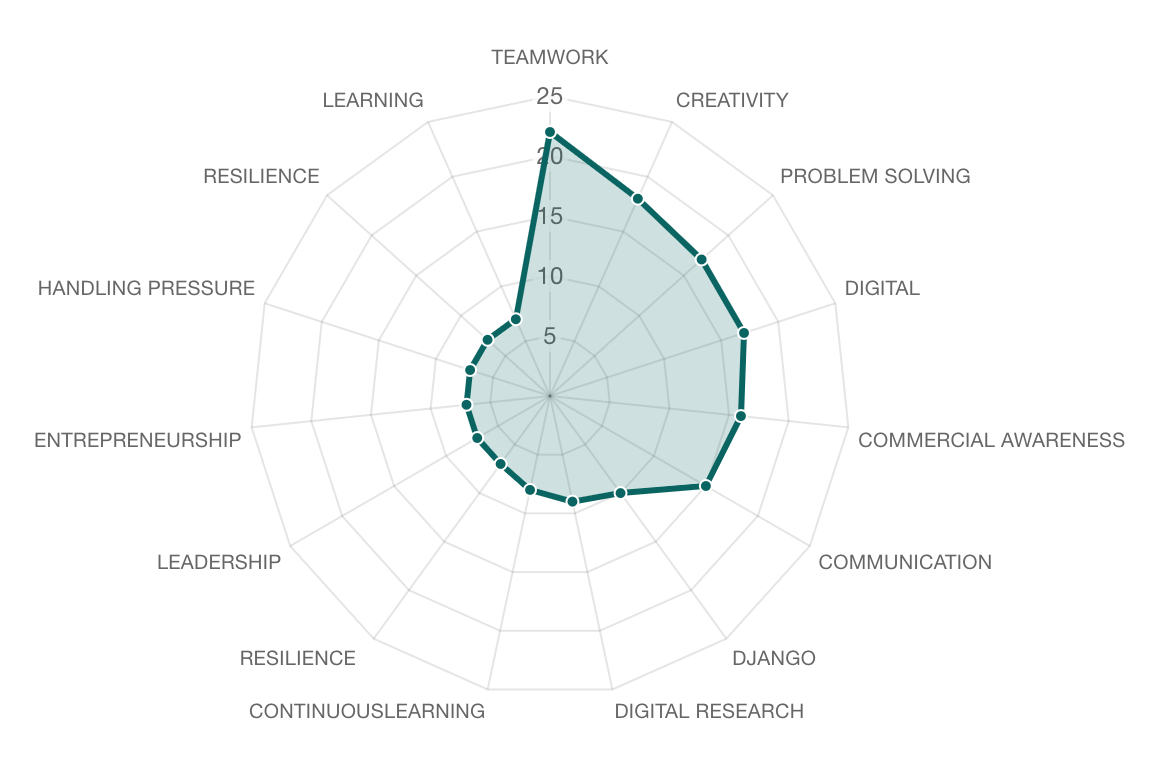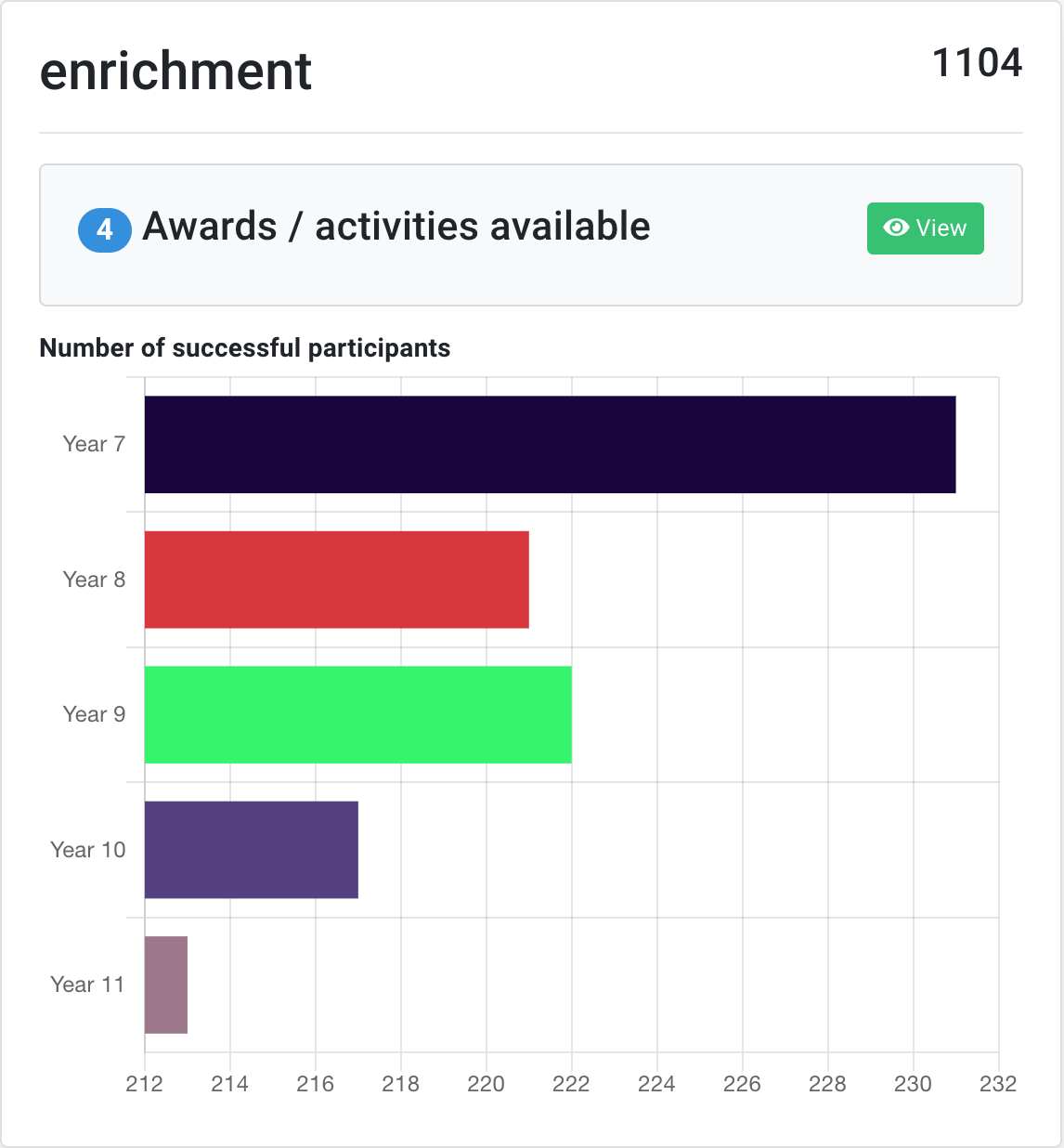Reading the notes surrounding Ofsted’s new framework was less boring than I envisaged. In fact, I was fascinated. To me, Ofsted felt like UEFA (Football’s governing body). Every once in a while, they changed the rules for no obvious benefit other than the fact they were bored and needed to keep occupied. Or they might want to sink a big ship and create rules as a mechanism for attack (sorry Man. City).
However, reading the accompanying research notes to the new framework, it became apparent that this is a cynical attitude and a lot of thought has gone into development. Who’d have thought that Ofsted doffs the cap to ACTUAL research? Well, it does! Each judgement is backed by a sort of literature review, where Ofsted justifies certain judgement points by citing real studies. These studies provide the why behind the what for each judgement.
The part of interest to us surrounds the personal development judgement. We’ve long been proponents that character is crucial, and learners develop this every single day. In order to realise this, opportunities should be provided to recognise where character is being developed and reflect upon how. We wanted to create a place where learners can explore their character and how it’s developing, whilst simultaneously building a record they can keep for life. Reading the research basis for Ofsted’s personal development judgement was illuminating.
As a reminder, here are the main judgement points from the framework: –
- The curriculum extends beyond the academic, technical or vocational and provides for learners broader development, enabling them to develop and discover their interests and talents.
- The curriculum and the providers wider work support learners to develop their character including their resilience, confidence and independence and help them know how to keep physically and mentally healthy.
- At each stage of education, the provider prepares learners for future success in their next steps.
- The provider prepares learners for life in modern Britain by: equipping them to be responsible, respectful, active citizens who contribute positively to society; developing their understanding of fundamental British values; developing their understanding and appreciation of diversity; celebrating what we have in common
The research cited in Ofsted’s notes then explains the levers schools can pull to help hit these benchmarks.
Character, Self Belief and Resilience
Character development underpins this section of the framework, and Ofsted splits character off into two offshoots – self-belief and resilience.
The research Ofsted explores on self-belief looks at how self-belief affects attainment and how attainment affects self belief. The research cites a weak positive link for the former, but a strong positive correlation for the latter – i.e. successful attainment grows self-belief.
The role for schools then becomes clear: can you provide opportunities for learners to succeed on a daily basis?
Clearly, not all learners are going to be able to get top grades in exams, so what else can be done? Ofsted’s research highlights the importance of providing a breadth of activities, roles and responsibilities which enable learners to succeed. Success might be developing perseverance to try again and again, or building resilience when faced with a tough problem in a subject. Success could also be someone developing the organisational skills to bring the correct books in each day.
The trouble with this approach is that education is not typically set up to celebrate these small, daily victories.
How Kloodle can help
A learner’s Kloodle profile houses all examples of a learner’s growing skills. Reflecting upon instances of skill development or small achievement builds a learner’s skills wheel.

Seeing a growing wheel builds confidence. I know, I’ve seen it by going through the process with my 9 year old. She struggled on a test in school. I got her to write about how it has helped build resilience. All of a sudden, a negative has been turned into a positive. She loved seeing her wheel grow!
Resilience
Ofsted’s research points out that resilience is both a trait and a dynamic process – i.e. it is a relatively stable part of someone’s personality, but can experience growth. Resilience is developed through a person’s interaction with the environment. It therefore holds that, on order to build resilience, an individual has to encounter situations that require resilience.
Ofsted cites the following as methods of intervention for a school: –
Caring and supportive teachers, a safe and orderly school environment, high expectations, opportunities for pupils to become involved in the life of the school, and good relationships between school and parents appear to be part of a community-oriented climate that can foster academic resilience, in particular among disadvantaged pupils (Borman & Rachuba, 2001).
Learner participation in the life of the school is seen as a key aspect of character and resilience development: –
…intentionally investing in character education using a whole-school approach, modelling desired behaviours at both school and teacher level, integrating character development with a strong curriculum rather than doing this as a standalone separate activity, developing pupils intrinsic motivation, shared core values and positive relationships have been posited as key ways in which schools can develop pupils character.
How Kloodle Can Help
Kloodle can help in a number of ways.
Firstly, cataloguing resilience-developing activities your school offers is easy through our activities feature. This enables you to quickly and easily capture student participation, as well as the skills these activities are developing.

Next, reflections are a key aspect to building character. This approach is as old as Ancient Greek philosophy, where practitioners explored their virtues and actively worked to improve them. Kloodle’s key workflow is: –
- Perform activity
- Reflect upon the activity through blog, photo, video or document
- Tag in the skills this activity is developing
- See the wheel grow
Many of our schools and colleges use tutorial time to pen reflections. Posting about activities that required resilience and recognising the fact that this skill was required, helps learners understand and develop their character.
Physical health
Whilst evidence for the impact of a whole school approach to physical development is limited, Ofsted recommends the following interventions: –
- planning a challenging and well-sequenced curriculum, including learning about the body in physical education (PE), and about healthy eating and cooking in science
- providing opportunities for children to take physical exercise during the school day, including lots of opportunities to get out of breath
- teaching particular skills like how to cook or how to dance
- updating parents on their childrens physical development, such as agility, balance and coordination (Ofsted, 2018a).
How Kloodle can help
Kloodle can help in two ways here. Each activity you organise that falls under the above categories can be captures using our activities feature. Learners can also upload examples of skills they’re building, such as cooking or dancing, to their profile.
You can also share a learner’s profile with parents so they are able to see a feed of activities that their son or daughter is participating in, as well as profile content such as blogs, photos, videos and documents.
Mental health
In terms of mental health, the effect schools have has limited backing from research. Amongst the interventions posited, participation in a breadth of activities is key, as well as focusing on strengths and well being.
Adolescents’ “feeling of belonging” is crucial. A proxy for this is the number of activities a young person is involved in. Are they throwing themselves into the life of the school? Or are they getting involved in lessons only, as required, operating on the periphery of school life?
How can Kloodle help
Identifying participation is therefore key. Do you know how many recipients of Free School Meals are participating in enrichment? How many of your minority students have hit the Gatsby benchmarks? Are all learners developing skills that improve character, resilience and self belief? Kloodle’s dashboard helps to provide the answer to this question.

We can set up the Kloodle dashboard to give you complete visibility of these aspects of your curriculum. Why not book a demo to discover how?
Conclusion
Ofsted’s personal development judgement requires the provision of a broad curriculum, with activities designed to develop character, resilience, self-belief and British Values.
Ensuring each pupil as accessing these aspects of your curriculum can be tough, but Kloodle can help in three main ways: –
- Enabling you to capture every “personal development” activity that occurs in your organisation
- Allowing learners to reflect on their character development
- Providing whole-school visibility to these activities so you can manage them effectively.
Want to learn more about how Kloodle can help you? Book an online demo!

